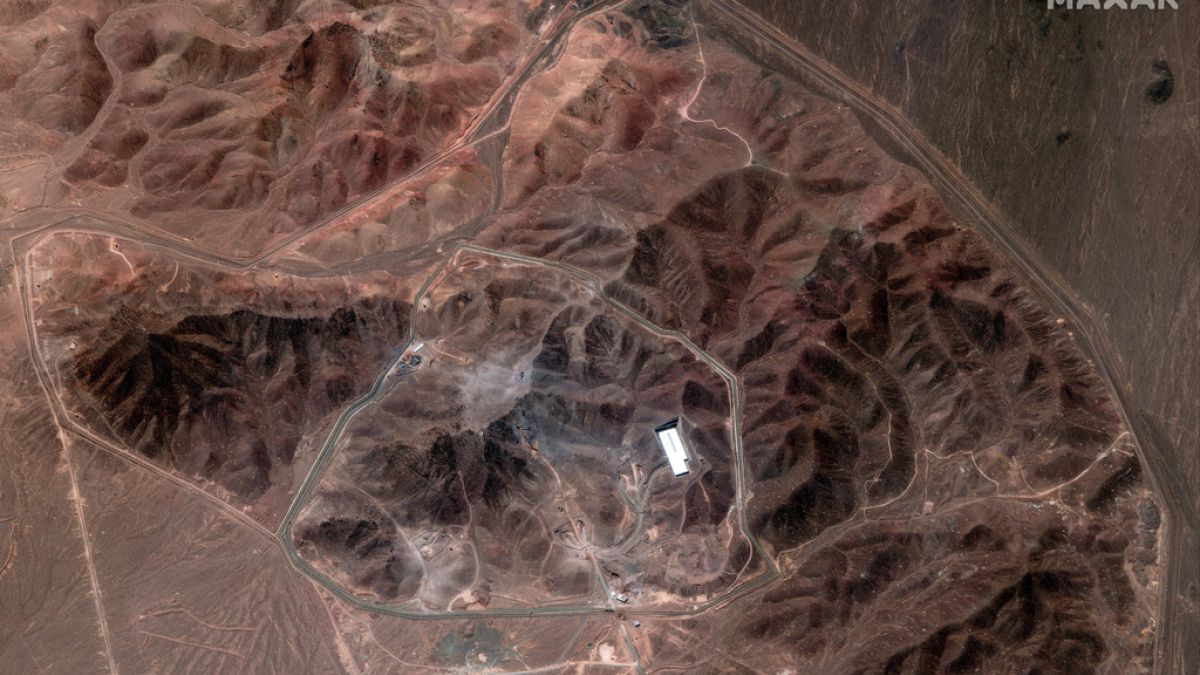
""The end of US military threats is a precondition for the resumption of talks between Tehran and Washington," Araghchi said in an interview with CBS."
"Rafael Grossi, the head of the International Atomic Energy Agency (IAEA), said that the US strikes on the three nuclear sites in Iran - Fordow, Natanz and Isfahan - had hugely hampered its capacity to enrich uranium."
"Trump said he would consider carrying out fresh strikes on Iran if the country was found to be enriching uranium to concerning levels."
"Iran's President Masoud Pezeshkian ordered the country to halt its cooperation with the IAEA, according to state media."
A 12-day conflict between Israel and Iran has raised significant doubts regarding the effectiveness of a ceasefire and the future of nuclear negotiations. Israeli airstrikes targeted Iran’s Revolutionary Guard and nuclear facilities, prompting missile retaliation from Iran. A ceasefire brokered by the US has been established, yet talks regarding Iran's nuclear program are uncertain. Iranian officials stress that US military threats must cease before negotiations can resume, and cooperation with the International Atomic Energy Agency has been halted. Concerns about Iran enriching uranium persist as tensions remain high.
Read at euronews
Unable to calculate read time
Collection
[
|
...
]